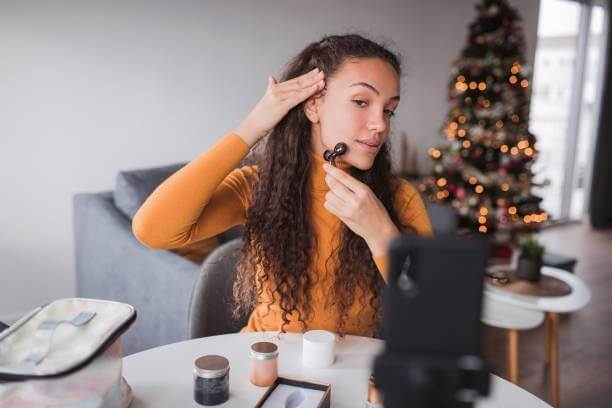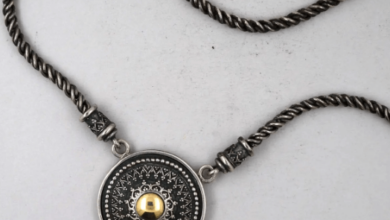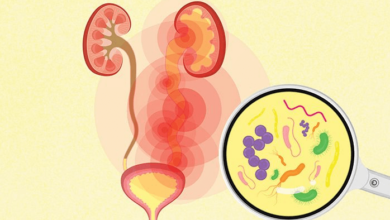Understanding Flaky Scalp Conditions: Expert Tips for Relief and Recovery

A flaky scalp is a common concern that many individuals face, often causing discomfort, embarrassment, and sometimes even self-consciousness. The presence of flakes on the scalp can be attributed to various factors, including dry skin, seborrheic dermatitis, psoriasis, or even an allergic reaction to hair care products. Understanding the root cause is crucial in determining the most effective approach for relief and recovery.
Identifying the Cause of Flaky Scalp
Flakiness on the scalp can manifest in different ways, ranging from tiny white flakes to larger, more noticeable scales. Determining the underlying cause is essential for targeted treatment.
1. Dry Skin: One of the primary reasons for a flaky scalp is dry skin. Just like the rest of our body, the scalp can become dry due to various factors, such as harsh weather conditions, excessive washing with hot water, or using drying hair products.
2. Seborrheic Dermatitis: This condition is characterized by irritated, oily skin and typically results in redness and greasy, yellowish scales on the scalp. It’s a chronic condition that may require ongoing management.
3. Psoriasis: Another common cause of flakiness on the scalp is psoriasis, a chronic autoimmune condition. It leads to the rapid buildup of skin cells, resulting in thick, silvery scales and red patches.
4. Allergic Reactions: Sometimes, individuals might experience an allergic reaction to certain hair care products, leading to inflammation, itching, and flaking.
Effective Relief Strategies
Understanding the cause of your flaky scalp is the first step towards finding relief. However, regardless of the cause, several strategies can help manage and alleviate symptoms:
1. Gentle Cleansing: Opt for mild, sulfate-free shampoos that are gentle on the scalp. Frequent washing can strip the scalp of its natural oils, exacerbating dryness.
2. Moisturize: Use a scalp-friendly moisturizer or oil to hydrate the scalp. Natural oils like coconut oil, jojoba oil, or argan oil can be massaged onto the scalp to alleviate dryness.
3. Avoid Harsh Chemicals: Steer clear of hair products containing harsh chemicals like sulfates, parabens, and alcohol. These can aggravate an already sensitive scalp.
4. Medicated Shampoos: For conditions like seborrheic dermatitis or psoriasis, medicated shampoos containing ingredients like ketoconazole, coal tar, or salicylic acid can help manage symptoms. However, it’s advisable to consult a dermatologist for proper guidance.
5. Dietary Adjustments: Sometimes, dietary changes can positively impact scalp health. Incorporating foods rich in omega-3 fatty acids, vitamins, and minerals can support overall skin health, including the scalp.
Natural Approaches for Flaky Scalp Relief
Find out more about a flaky scalp naturally by exploring these natural remedies:
1. Apple Cider Vinegar Rinse: Diluting apple cider vinegar with water and using it as a rinse after shampooing can help restore the scalp’s pH balance, reducing flakiness and itchiness.
2. Tea Tree Oil: Known for its anti-inflammatory and antifungal properties, tea tree oil can be diluted and applied directly to the scalp to alleviate symptoms of dandruff and itching.
3. Aloe Vera Gel: Applying aloe vera gel directly to the scalp can soothe irritation and reduce inflammation, providing relief from a flaky scalp.
4. Essential Oils: Essential oils like lavender, rosemary, and peppermint, when mixed with a carrier oil like coconut or jojoba, can be massaged into the scalp to hydrate and calm irritation.
Read more Understanding the Perfect Harmony of Chains With Pendants
When to Seek Professional Help
While these home remedies can offer relief for some individuals, persistent or severe flakiness warrants a visit to a dermatologist. If over-the-counter treatments or natural remedies don’t alleviate the symptoms, a professional evaluation becomes crucial to identify any underlying conditions that may require specialized treatment.
Understanding the cause of your flaky scalp and adopting a tailored approach to treatment is pivotal for long-term relief and recovery. By incorporating gentle cleansing practices, moisturizing the scalp, avoiding harsh chemicals, and seeking professional guidance when needed, individuals can effectively manage and alleviate flakiness, restoring scalp health and confidence.
You can find out more about a flaky scalp by consulting a dermatologist for personalized advice and treatment options tailored to your specific condition.
Summary
In summary, understanding the complexities of flaky scalp conditions and adopting expert tips for relief and recovery empowers individuals to take charge of their scalp health. From identifying the root causes to implementing gentle cleansing routines, moisturizing practices, and exploring natural remedies, this comprehensive approach offers a path toward alleviating discomfort and restoring confidence.
However, seeking professional guidance when needed remains pivotal for personalized care and targeted treatments. With diligence and tailored strategies, individuals can effectively manage flaky scalp conditions, paving the way for a healthier and more comfortable scalp.







